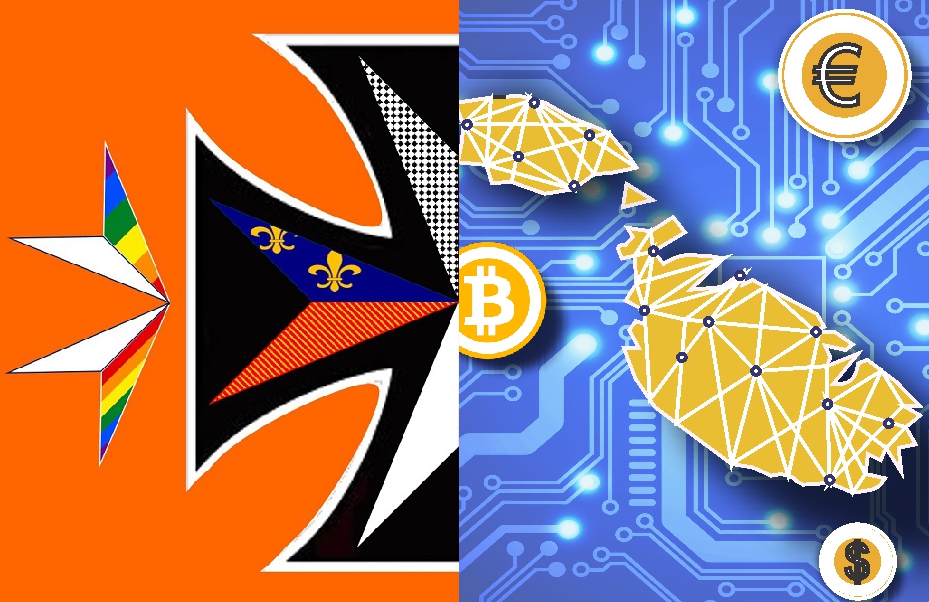
Malta is a culturally diverse country with a complex social and political sphere—the fact which might come across as unexpected of an island state of such a minuscule size. And due to this complexity, Malta’s everyday political and social realities could be a treacherous terrain to navigate.
by Isles of the Left
[dropcap]A[/dropcap]t Isles of the Left, we are truly passionate about Malta. Undoubtedly, it is a culturally diverse country with a complex social and political sphere—the fact which might come across as unexpected of an island state of such a minuscule size. And due to this complexity, Malta’s everyday political and social realities could be a treacherous terrain to navigate.
A number of our posts published in the recent months aimed to capture the essence of our country. We sought to understand how Malta’s colonial past still haunts its present. We delved into the root causes of the partisan and social divides that are storming the country at this moment. We explored the driving force of the construction frenzy which deprives us of open space and negatively affects our wellbeing. And most importantly, we did our best to come up with suggestions on how we can make Malta a more socially just place.
1. The Not-So-Maltese Cross
by Michael Grech
Today, the eight-pointed ‘Maltese’ cross is broadly recognised as ‘brand Malta’. It is everywhere: from tourist booklets, to the crib on Triton Square and to the Malta Blockchain Summit. However, the cross of the Order of St John was not embraced by the Maltese during the Hospitallers’ rule.
So how did the emblem of debauched foreign aristocracy become the ultimate symbol of Maltese identity? A few decades ago, the Maltese Cross became a means to emphasize, exaggerate and at times invent Malta’s historic ties to Europe. In other words, the Cross reimagined Maltese identity as European and served to distance the country from its Semitic heritage. Read more here.
2. “The Maltese”: In Victorian Eyes
by David Edward Zammit
Following the 268 years of Hospitallers’ rule, in 1800—after a 2-years-short French rule—Malta became part of the British Empire, which it remained for 164 years. By the 1830’s, the ‘proud and overbearing Maltese’ of the first decade of British rule had turned into a submissive people who cringed before their colonial overlords and had internalized a complete dependency on them. Unfortunately, the colonial past still haunts our present. Read more here.
3. Provocative Reflections on Malta’s Social Anxieties
by Sammy Meilaq
Malta’s contemporary history as an independent state is ambiguous and rife with conflict. Among the most prevalent social anxieties are the red/blue partisan divide and class and racial discrimination. Read more here.
4. Malta’s Public Art Displays and the Culture Wars That Surround Them
by Raisa Galea
The partisan rivalry pervades practically every sphere of the Maltese society and the public perception of the arts is no exception. Perhaps no other project captured the partisan and social dimension of Maltese culture wars better than the V18 Kif Jgħid il-Malti which translated Maltese proverbs into art. Read more here.
6. To Ban or Not to Ban: Is that the Question?
by Brian Campbell & Diogo Veríssimo
Hunting is another recurring topic of heated public debates. The most puzzling aspect of these debates is that they transcend the sphere of nature conservation and become a proxy for deeper national anxieties. Ultimately, this debate is about national identity: a battle between an ideology which deems hunting incompatible with ‘modern European’ values and another ideology which poses as a guardian of ‘Maltese traditions’. Read more here.
6. Postcards from Malta: The Paradox of Nostalgia
by Michael Grech
Starting with the Nationalist administration of the 1990s and followed more convincingly by the current Labour government, Malta has followed a model of economic development that resulted in a set-up where manufacturing industries are in gradual decline. Construction is one of the few thriving labour-intensive industries, since gaming and financial services have become the more prominent economic sectors.
However, despite this development, Malta does not brand itself as the place of ultramodern sky-scrapers. Instead, the country is promoted using images that highlight its idyllic Mediterranean location, rural lifestyle or its ‘glorious past’. Read more here.
7. The Politics of Space and Social Segregation
by Alberto Favaro
In the last few years, the social geography of Malta has partly changed and the present social split of the territory is less definite than the original north-south divide used to be. Nevertheless, space continues to be separated—and the privatization of space exacerbates the existing social segregation. In the current economic set-up, space is valued only as financial opportunity and not as a livable place or arena for social interaction, as it should be. Read more here.
8. The iGaming & Blockchain Island
by Teodor Reljic / Occam’s Laser
While for some visitors Malta is a tourist destination, for others it is a Treasure Island, quite literary. Yes, the iGam(bl)ing people can afford to come to Malta because it is their own El Dorado—and akin to colonial masters of the past, they are engaging in an elaborate dance of money for all to see. Read more here.
Recently, Malta has swiftly turned around legislation to grant a measure of order and clarity to emerging industries—blockchain and AI—and that is far from risk-free. Can we handle it? Read more here.
9. How Maltese Patriotism Guards the Interests of Foreign Elites
by Raisa Galea
The high-profile corruption scandals, the Individual Investor Programme, and the assassination of Daphne Caruana Galizia brought Malta to the international headlines. However, the harsh international criticism succeeded mainly in further intensifying the partisan PL-PN tribal combat. According to the patriotic conspiracy, there are two kinds of Maltese: the tradituri (traitors) who want to hurt Malta with their excruciating ‘negativity’ (and who, obviously, serve the predatory foreign interests), and the positive, patriotic Maltese.
However, quite a number of wealthy foreigners living in Malta also seem to be firmly positive about it. What is the true reason for their praise for Malta? The answer is: they are in love with our unjust taxation system and not the country per se. In other words, these individuals—and the companies they represent—fear that their tax dodging leisure might come to an end, if Malta does not learn how to “defend its reputation against mockery”. Ironically, Maltese patriotism effectively guards the interests of the (foreign as well as local) business elites from tax justice. Read more here.
10. What Does It Mean to Be a Foreigner in Malta?
by Raisa Galea
According to a Malta Today survey, barranin (foreigners) is the second topmost concern of the Maltese citizens after traffic. Although they are uniformly referred to as ‘foreigners’, foreign nationals receive contrasting treatment, depending on their social status and nationality. Read more here.
11. I am not Against Migration—I am in Favour of a Fair Playing Field!
by Emmanuel Psaila
The misconception which holds the working and lower classes responsible for spreading the seeds of xenophobia due to their purported lack of cultural awareness is widespread in Malta (and not only here). However, the mainstream media rarely gives a platform to workers, and thus the general public is often unaware of their concerns. Read more here.
12. The True Power of Your Vote
by Raisa Galea
One of the most fascinating features of Maltese society is the citizen’s awareness of their electoral power. Whereas in a large country a faction of electorate as small as few hundred is a mere drop in the ocean, in Malta this number might be large enough to make a lobby group.
It is time to recognize our mutual interests and understand that, united, we can achieve much more than individually. Ultimately, it is about demanding more, not less: a greener and more socially just Malta is possible. Join us—let us become a lobby group! Read more here.
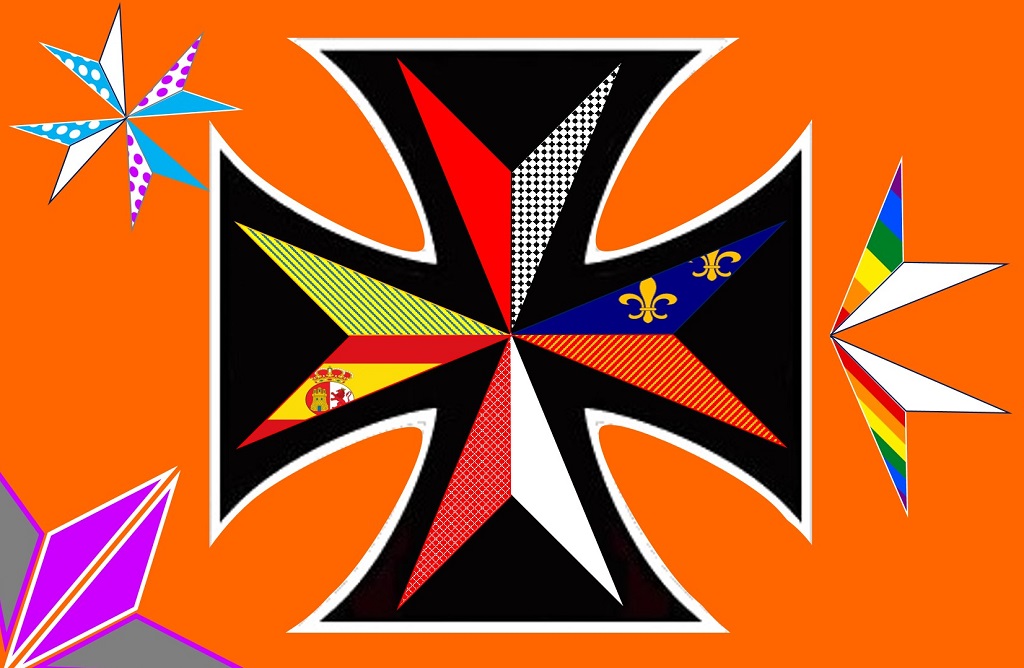
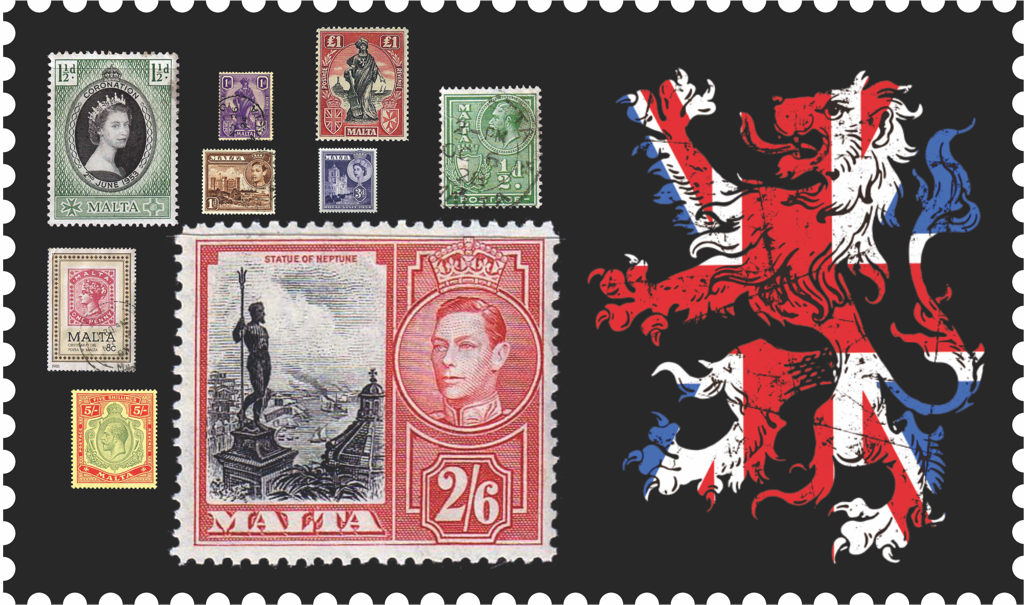
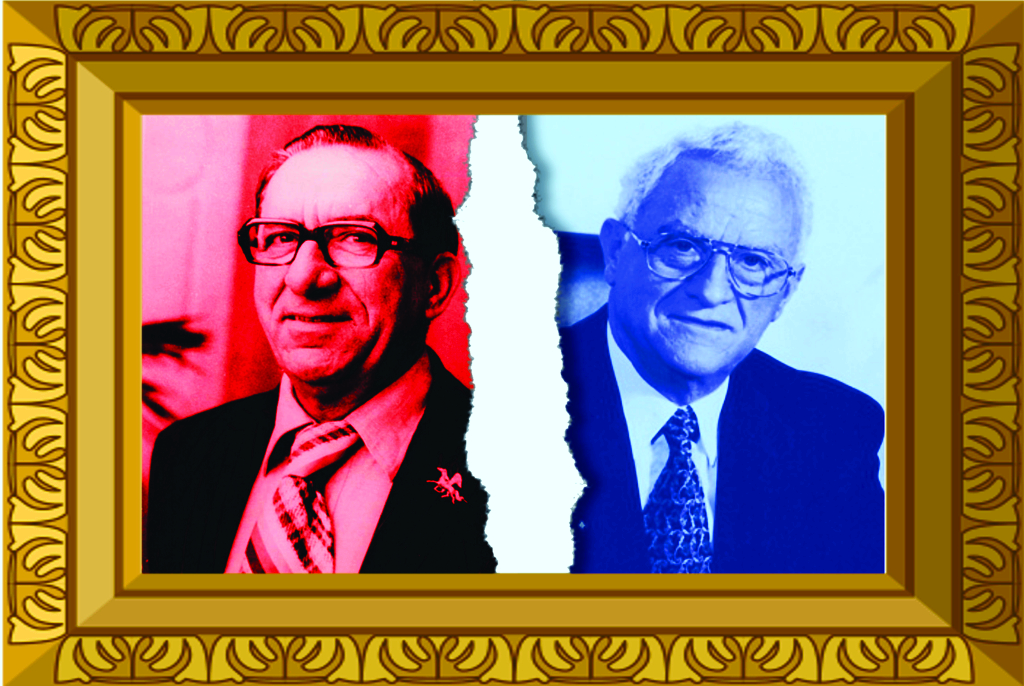

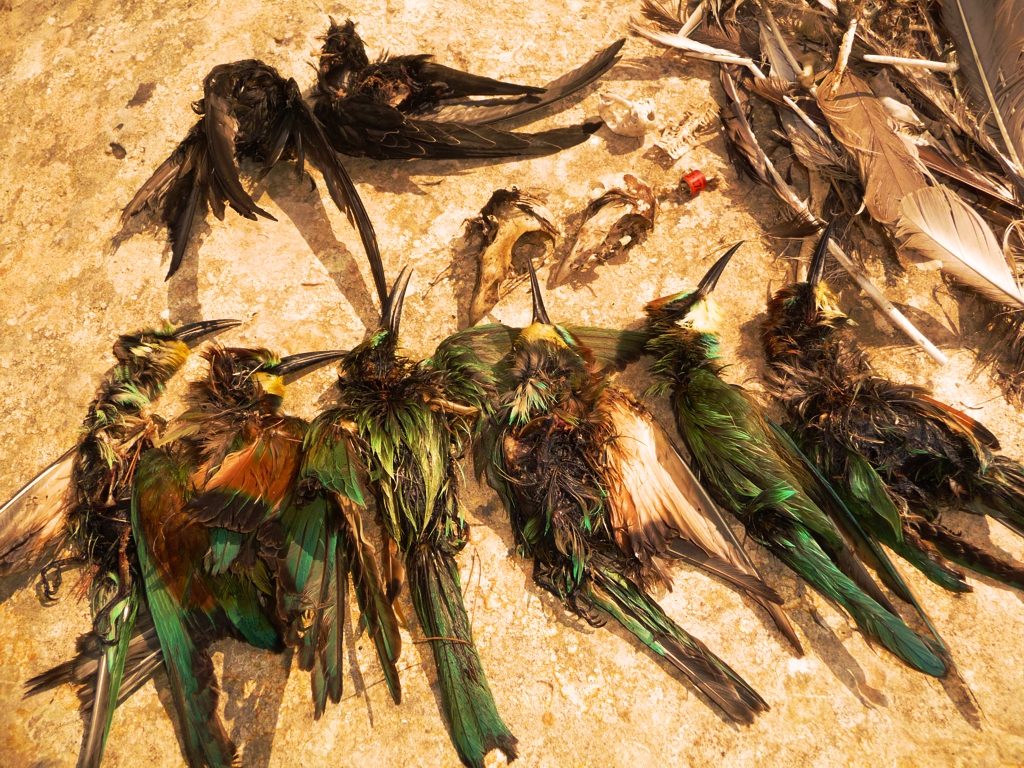
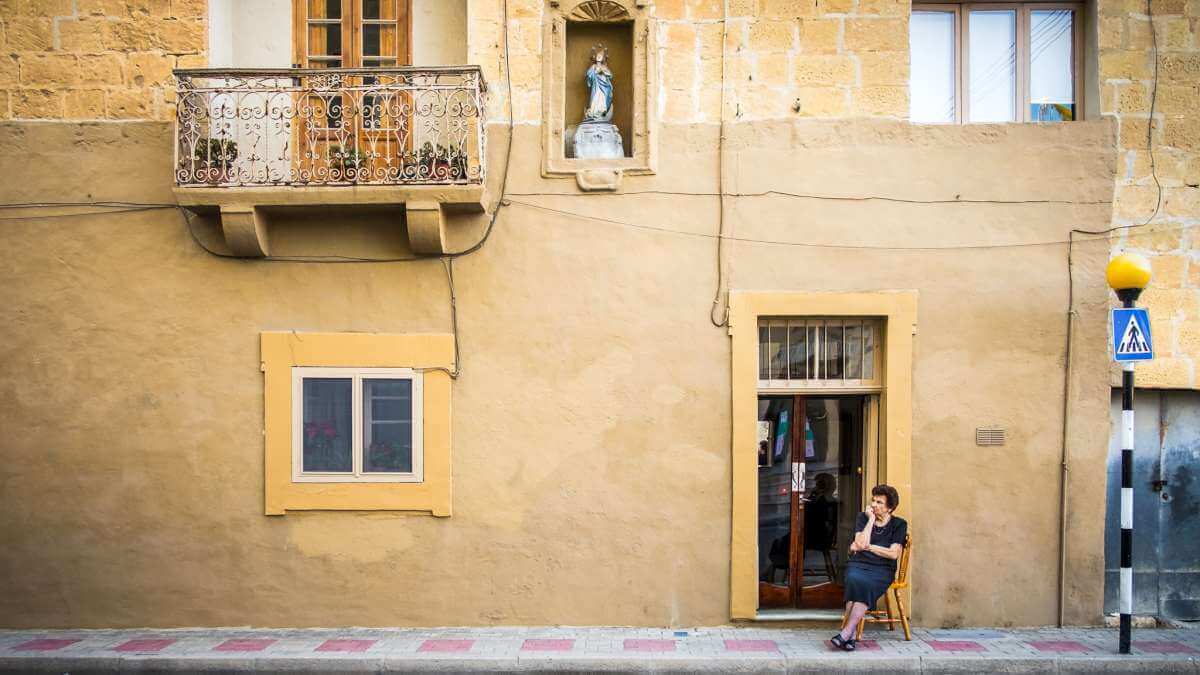


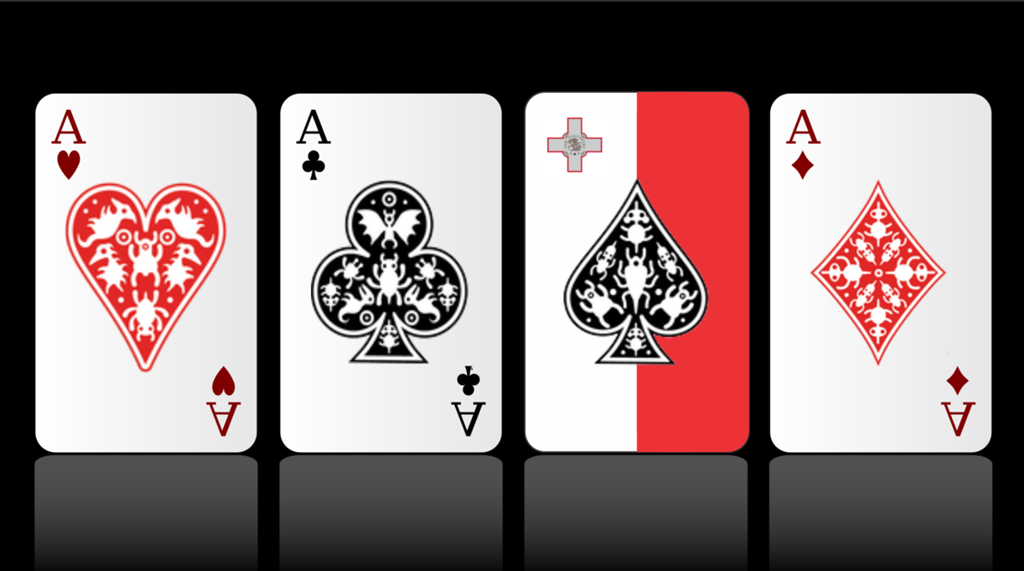
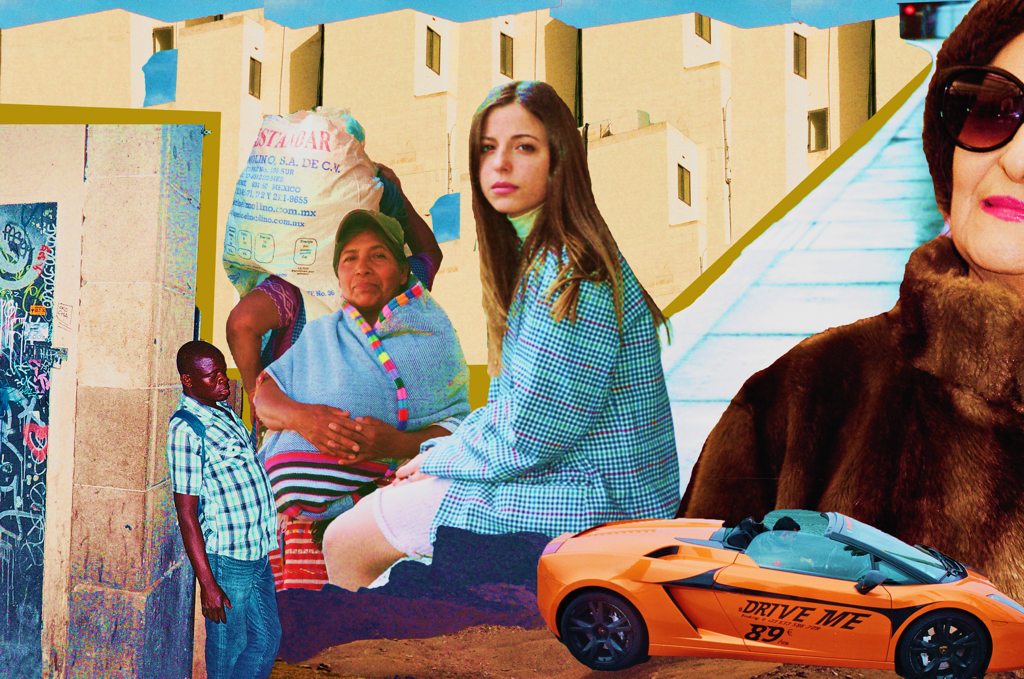
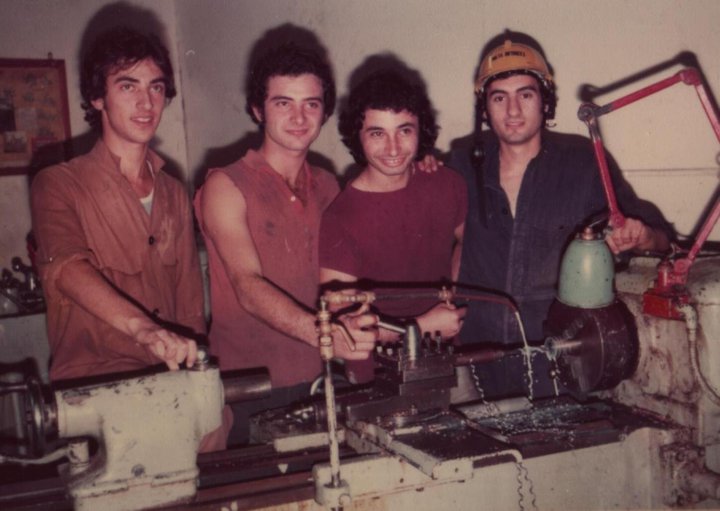
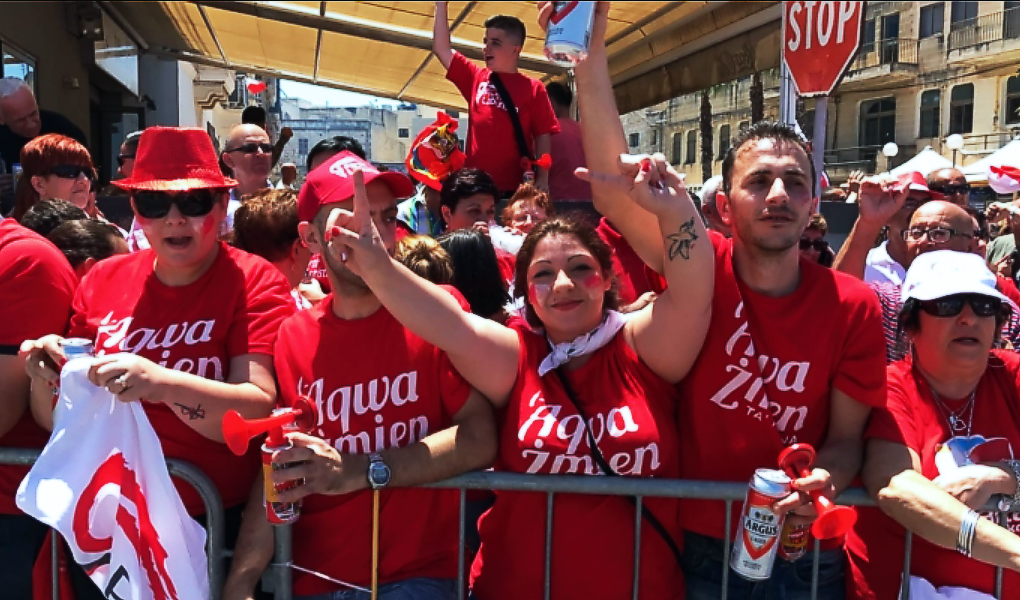
Leave a Reply